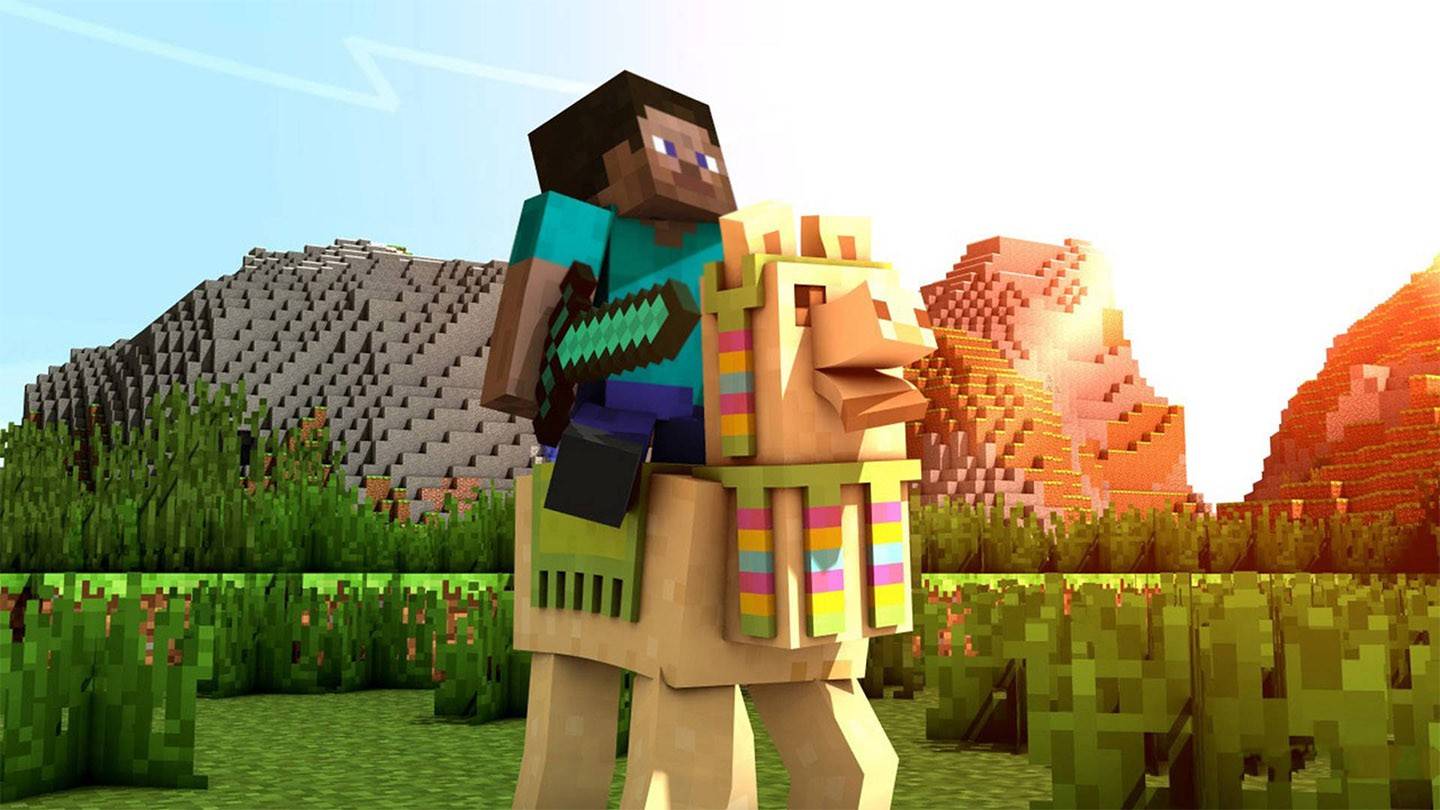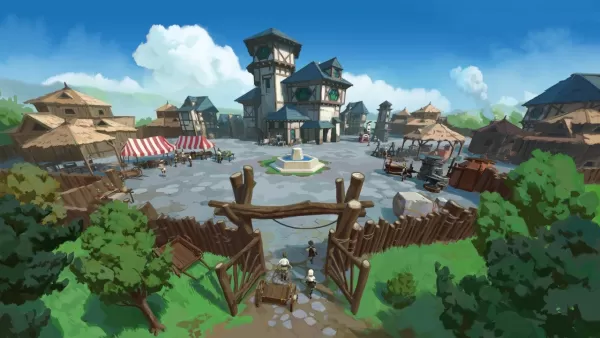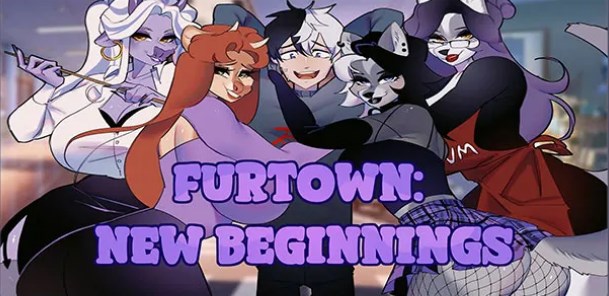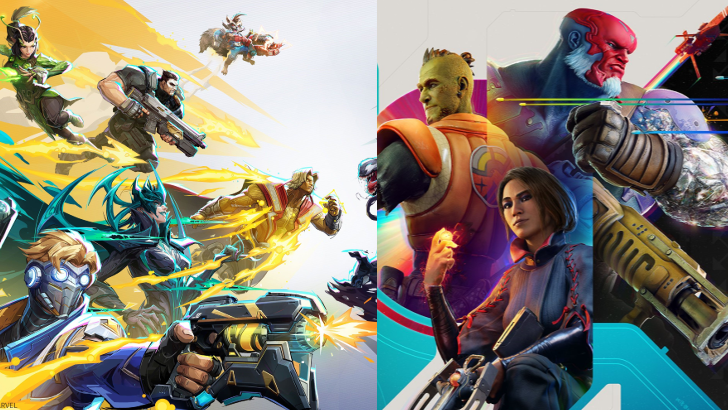 NetEase Games' Marvel Rivals has significantly outpaced Sony and Firewalk Studios' Concord in beta player numbers. The difference is dramatic.
NetEase Games' Marvel Rivals has significantly outpaced Sony and Firewalk Studios' Concord in beta player numbers. The difference is dramatic.
Marvel Rivals' Beta Player Count dwarfs Concord's
A 50,000 Player Gap
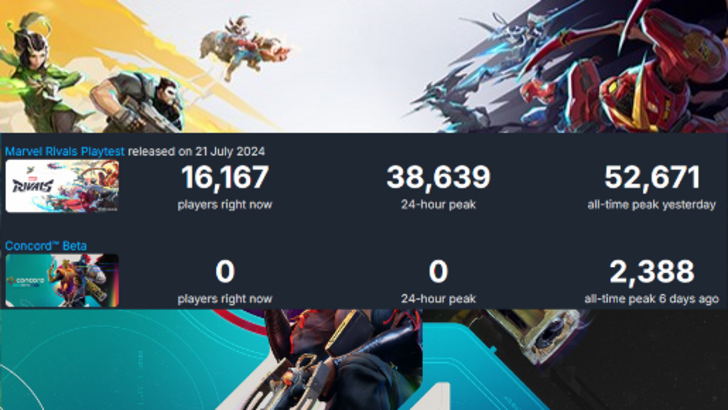 Within just two days of its beta launch, Marvel Rivals boasted over 50,000 concurrent players, far surpassing Concord's peak of 2,388. As of July 25th, Marvel Rivals hit a peak of 52,671 concurrent players on Steam alone; the actual number is likely higher, considering players on other platforms. This stark contrast raises serious questions about Concord's prospects, especially with its official launch approaching on August 23rd.
Within just two days of its beta launch, Marvel Rivals boasted over 50,000 concurrent players, far surpassing Concord's peak of 2,388. As of July 25th, Marvel Rivals hit a peak of 52,671 concurrent players on Steam alone; the actual number is likely higher, considering players on other platforms. This stark contrast raises serious questions about Concord's prospects, especially with its official launch approaching on August 23rd.
Marvel Rivals Flourishes While Concord Struggles
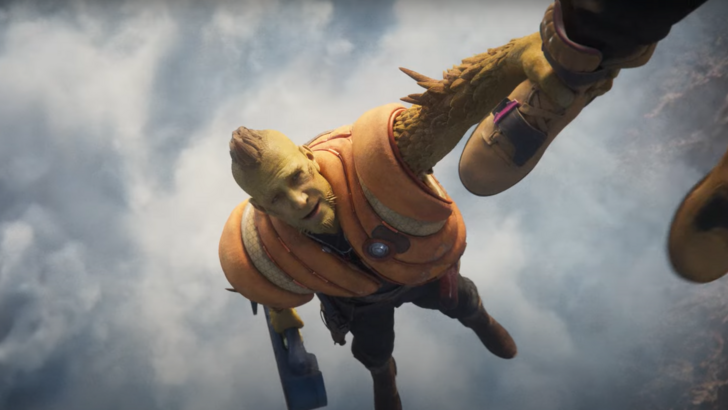 Even after its closed and open beta phases, Concord continues to lag behind many indie titles on Steam's wishlist chart, indicating low player interest. In contrast, Marvel Rivals enjoys a strong position, ranking among top contenders like Dune: Awakening and Sid Meier's Civilization VII.
Even after its closed and open beta phases, Concord continues to lag behind many indie titles on Steam's wishlist chart, indicating low player interest. In contrast, Marvel Rivals enjoys a strong position, ranking among top contenders like Dune: Awakening and Sid Meier's Civilization VII.
Concord's struggles are compounded by its $40 Early Access beta price tag, excluding many potential players. While PS Plus subscribers could play for free, the subscription cost creates a significant barrier. The open beta, available to all, only saw a modest thousand-player increase.
Marvel Rivals, conversely, is free-to-play, offering broader accessibility. While its closed beta required sign-up, access was readily granted.
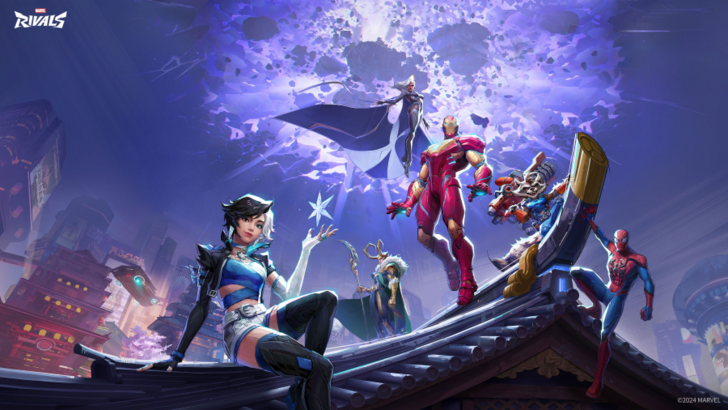 Concord's lack of a distinct identity in a crowded hero shooter market, unlike the recognizable Marvel IP, has contributed to its underwhelming performance. While its "Overwatch meets Guardians of the Galaxy" aesthetic initially drew attention, it failed to capture the charm of either franchise.
Concord's lack of a distinct identity in a crowded hero shooter market, unlike the recognizable Marvel IP, has contributed to its underwhelming performance. While its "Overwatch meets Guardians of the Galaxy" aesthetic initially drew attention, it failed to capture the charm of either franchise.
The success of titles like Apex Legends and Valorant, and the less-than-stellar performance of Suicide Squad: Kill the Justice League (peaking at 13,459 players), highlights that while a strong IP can be beneficial, it's not a guaranteed path to success in this competitive genre. Although comparing Concord directly to Marvel Rivals might seem unfair given the latter's brand recognition, both games operate within the same saturated market, making the comparison relevant.


